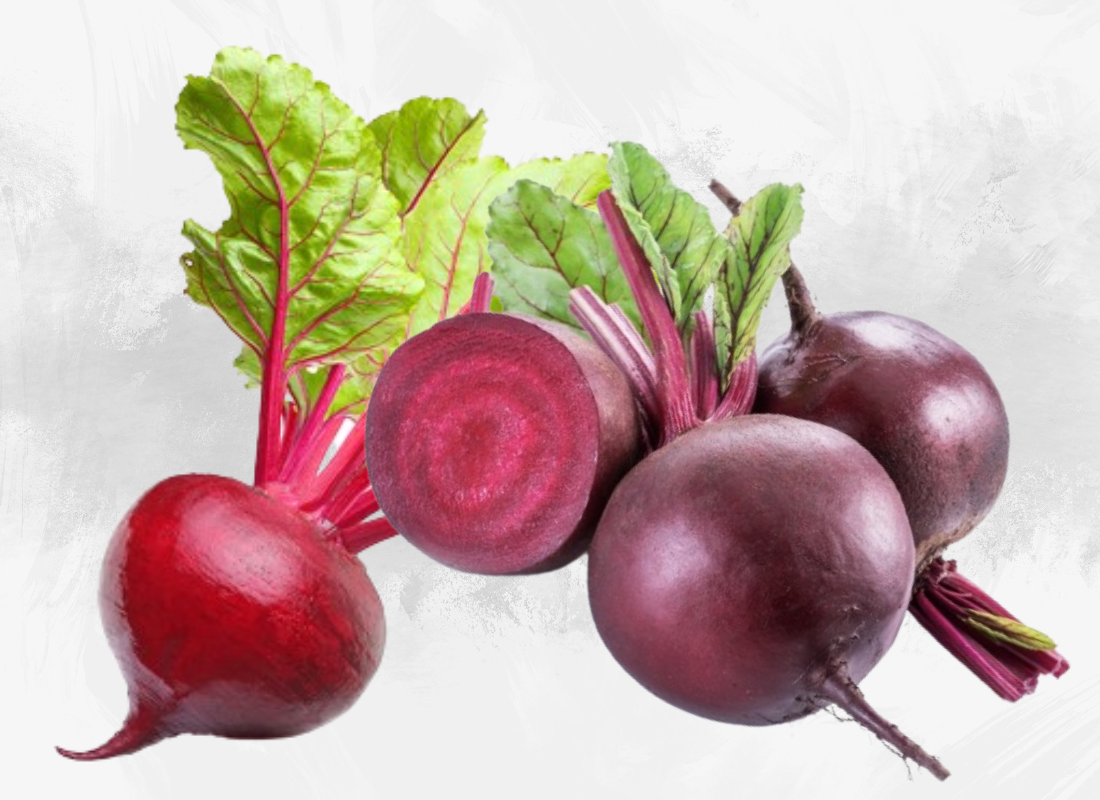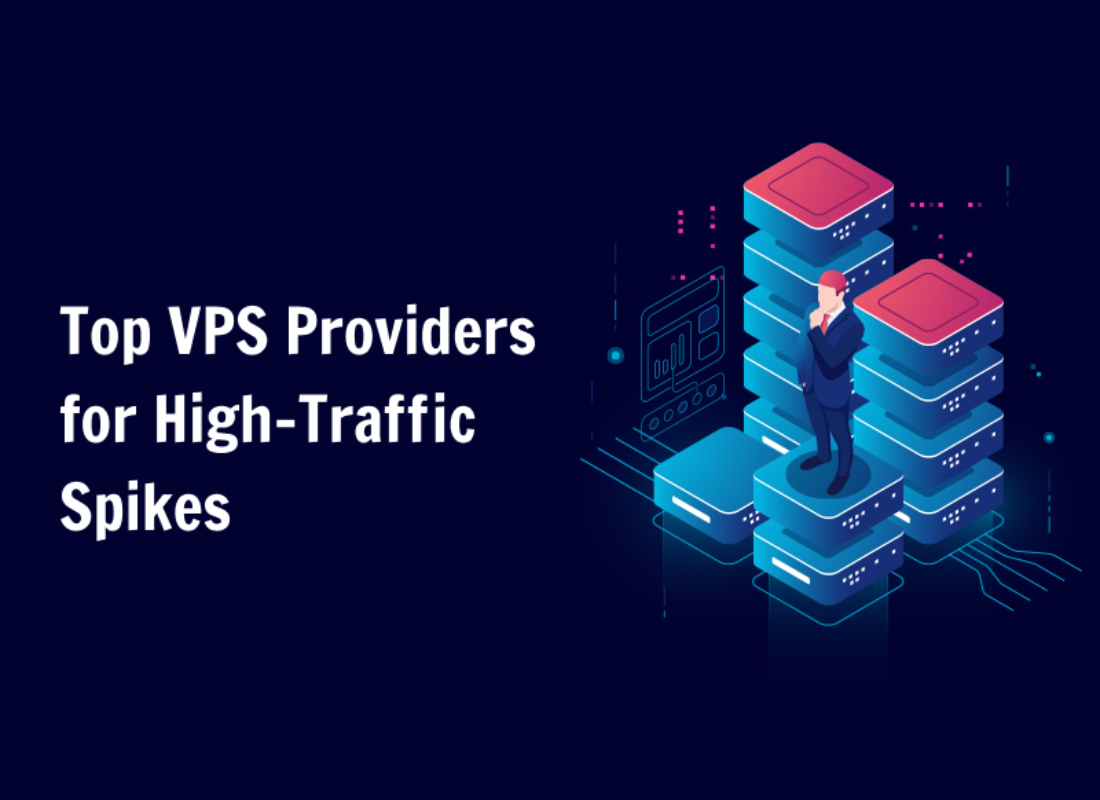In simple terms, SEO Ranking in SERPs means the position that your website is listed in the search engine when a user searches that phrase or keyword. A ranking of 1 means that you are at the top. And if you are number 11, it means that you are on page 2 of search engines. With most search results having 10 listings per page.
That’s why with the ever-growing online business industry, companies are increasingly competing against each other in terms of visibility. As of today, every company is investing in Search Engine Optimization to generate maximum organic traffic. You can also consider SEO Ranking in SERPs if you’ll have quality backlinks.
All in all, make sure to be the top website across search engines like Google, Bing, Yahoo, or even Yandex. A search engine like Google highly considers content relevance and backlinks quality. Well, as the top metrics for a website’s top placement on search engines. That said, therefore, there is one more critical metric, and that is the SEO Keywords Search.
How SEO Ranking In SERPs Keywords Search Work
According to MOZ, keywords are ideas and topics that define what your content is about. In terms of SEO, they’re the words and phrases that searchers enter into the search engine also, called “search queries.” Or as they’re also known as search terms. Perse, search terms — are words or phrases that are submitted to search engines.
Meaning, that any time you type a word or phrase into a search box — on Google, for example — you are using keywords. And in that case, you try to find relevant images, videos, or information. In short, Keywords are basically terms that we send to search engines. Whenever we’re on the prowl for answers, knowledge, products, or services.
Related Topic: Backlinks | What are they & How do you implement them?
As an example, if you boil everything on your page — all the images, video, copy, etc. — down to simple words and phrases, those are your primary keywords. At all times, as a website owner or even content creator, you want the keywords on your page to be relevant. On the other hand, a Keywords Search looks for words anywhere in any given record.
Especially, when it comes to online digital marketing. And on a clear note, keyword searches are a good substitute for a subject search. Particularly when you do not know the standard subject heading. Keywords may also be used as a substitute for a title or author search when you have an incomplete title or author information.
Why Are SERPs Important In Website Ranking?
Now, this is a question many would fail to answer correctly. But, can you guess how many blog posts people publish each day? Do you have any ideas? Well, according to certain research, WordPress users alone publish over 2 million posts every day. Not forgetting, all that comes out to 24 blog posts every second.
This means, that users published around 216 blog posts while you were reading these five sentences. And that’s only counting WordPress users. After all, if we were to count all blog articles or posts, that number would surely be higher. That’s why all this makes it kind of tough to stand out.
Related Topic: How To Increase Your Site Domain Authority In Simple Steps
But, you have to know what SERPs are first if you want to make your blog a successful one. And while I often spend 4-5 hours writing my blog posts, the ten minutes I spend optimizing each post are easily the most important. No wonder millions of people Google the term “SEO” each month. And on any given day, people conduct more than 2.2 million searches.
Not to mention, that’s just on Google — to say nothing of the other search engines. Therefore, showing up on the front page of Google can be the deciding factor between a business that’s thriving and one that’s, well, bankrupt. You can read this article for more details about SERPs.
How Is SEO Ranking In SERPs Correctly Done?
Now what does that magic look like, and why does it even matter to improve your SEO ranking in SERPs? As we said earlier, the vast majority of online experiences begin with a search engine. What’s more, nearly 75% of searchers start their searches on Google. Combine that with the fact that the first five results on Google get 67% of all clicks.
And, by so doing, you’ll get an idea of why search engine optimization is so important. But, there’s a joke going around the web that highlights how crucial it is to hit the first page of Google. A good example is if you ever need to hide a dead body, you should place it on the second page of Google search results.
Related Topic: How To Improve Your Site Ranking In 5 Simple Methods
By the same token, if your blog post, article, or product is on any other page of the Google search results than the first, then it’s the equivalent of it not ranking at all. But, to understand how to show up first in the search engine results, you first need to know even how keyword search works. And you would already be working around finding the best keywords for your website.
As you also create content around the chosen keywords. You can quickly look for any keywords that you wish for the website’s ranking. However, what you need to consider is the keyword difficulty — wondering what keyword difficulty is?
What Does The Term ‘Keyword Difficulty’ Mean?
When it comes to SEO Ranking in SERPs, a Keyword difficulty means determining the difficulty you will face to rank for a specific keyword. Keyword difficulty is one of the most critical metrics for ascertaining your website’s chances to rank on Google. The rule is simple. If the keyword difficulty is more significant, it will be harder for your website to rank on SERPs.
In this case, for that specific keyword on the first Search Engine Rank Page. This difficulty is due to the presence of highly competitive ranking websites. For instance, you are creating content around the keyword “guest writing.” Yes! It’ll help if you see the keyword difficulty through various tools.
More so, if you want more accurate results, you can check your keyword difficulty here to understand more. Moving on, how do you determine the keyword difficulty? Below are the 4 main attributes to keep in mind:
1. How are your webpages content?
First of all, when we talk of SEO Ranking in SERPs, your website content needs to be relevant to a target keyword for Google ranking. But, how do you achieve relevancy? A few years ago, a website’s relevance meant adding your target keywords a significant number of times as compared to your competitors.
Sometime back, stuffing the title tag with different variations of keywords worked like a charm. Unfortunately, those days are gone. But even so, you can still increase your page’s relevance. Such as by adding keywords in your title tag, URL, early-in content, and headline. While your leading competitive edge is your content quality.
It isn’t about how many times your target keyword gets mentioned on a page. Rather, it’s about the content quality and value you are bringing to your readers. You must make an extra effort to assess the top-ranking pages. Based on the analysis, you should create a better page.
You should create a better page by offering valuable knowledge for better ranking. And above all, you should be less worried about achieving a better-optimized page.
2. Consider your target audience search intent
Generally, search intents fall into three groups. A transactional search gets done with the purpose of purchasing. The Navigational search aims to reach a particular destination on the website. Informational search, as the name implies, aims to acquire information. With that in mind, for a good SEO Ranking in SERPs, you must optimize your website for all three intents.
In that case, you can consider pages on your website that are closer to the homepage. Such as about us pages and product pages. These pages should get heavily optimized for transactional and navigational keywords. For example, a user looking for a “women’s fur coat” is closer to purchasing than a person looking for “how to choose a red fur coat.”
Your product page is appropriate for the first user, whereas a blog post is appropriate for the second user. And as far as informational search is concerned, you can optimize your website for informational keywords that are closely and loosely related to your products and brands. And as such, in order to get the users who are merely looking for information.
You’ll get them on your website and then turn them into your prospects. At the same time, your prospective buyers will have the opportunity to navigate the product pages of your website. And you can engage with them through a lead form. Or even use the Facebook Pixel Code for remarketing products to your users.
3. Employ and Utilize Quality Backlinks
Of course, Yes! Another contributing factor to keyword difficulty is the quality and number of backlinks. And as I mentioned above, Keyword difficulty measures the quality and number of backlinks referring to the top ten pages in search engines for that specific keyword.
That said, pages that rank higher on the search engine usually have highly diverse and quality backlinks. So, the keywords targeted by these pages will always be challenging to compete on. The more links your website manages to get from other websites, the higher your page will be on Google ranking.
Besides, while ensuring backlinks on your website, getting ten backlinks from ten different sites is considered better than, obviously, getting backlinks from a single website.
4. What about your Domain Authority?
Eventually, Domain Authority is any website’s reputation based on how useful and relevant its content is in a particular industry. Now websites that enjoy the domain authority status are nearly popular companies. And not just that, but companies that people are already familiar with and click without a second thought. Take the example of news.
If you search for information, you will prefer clicking results from CNN or BBC to clicking a lesser-known website. So, if you are in an industry with several established brands, it will be very challenging for your website to rank on Search Engine Result Pages. That’s why websites with higher domain authority target keywords with higher ranks.
So that they will have a higher difficulty score. However, your website can be among these top domains. And your website can outrank high-authority domain pages too. By securing several backlinks of high quality.
Final Words,
Have you given up on the idea of keywords that rank higher on search engines? Oftentimes, you’ll read several articles that suggest looking for a low keyword difficulty score. Instead of investing time in high-difficulty keywords. Well, the idea seems plausible, but you should know that low-difficulty keywords in any industry are incredibly low.
You might end up giving up on keyword research altogether. Let’s not give up already. Keyword difficulty will make you understand and estimate the resource you require to rank on your desired keywords.
Related Topic: Guest Posting | Why your Site Backlinks Counts on SEO
Using the keyword difficulty score, you can filter and sort long keyword lists. And even select the best keywords for your website. Always remember, that these high-difficulty keywords have the potential to increase your business growth. And so forth, and so forth! So, what do you think about this guide? Please let us know your thoughts in the comments section.
But, if you’ll need more support, you can also Contact Us and let us know how we can help. And in order for us to keep you more and well informed, you can Donate in appreciation to our research team.





I just couldn’t depart your website before suggesting that I really enjoyed the standard info a person provide for your visitors? Is going to be back often in order to check up on new posts